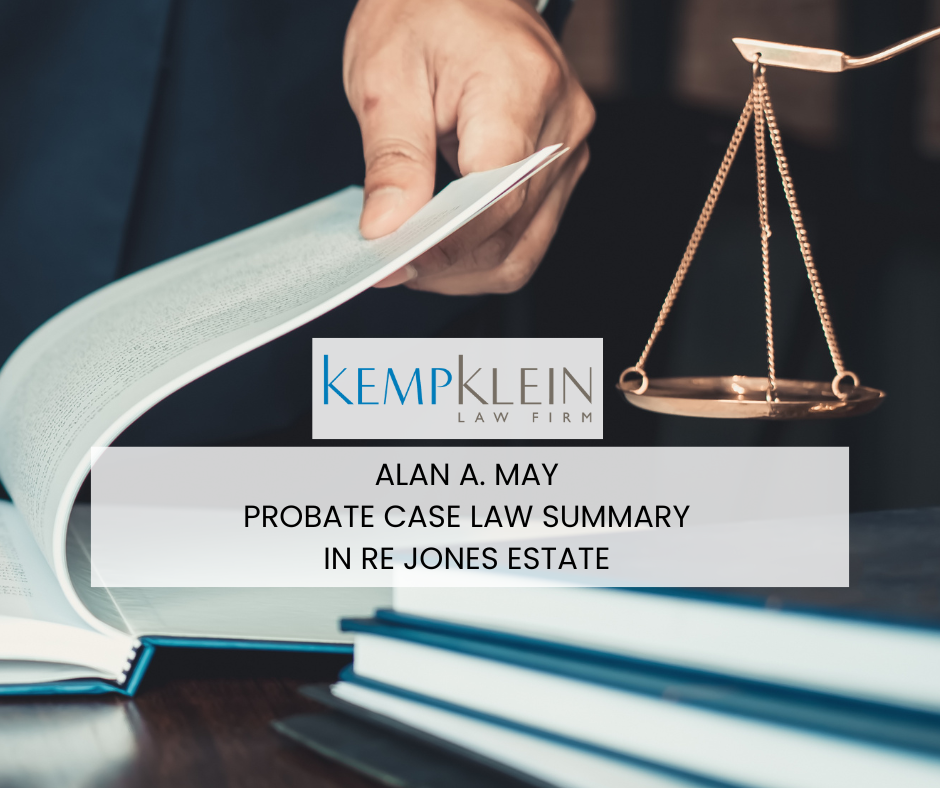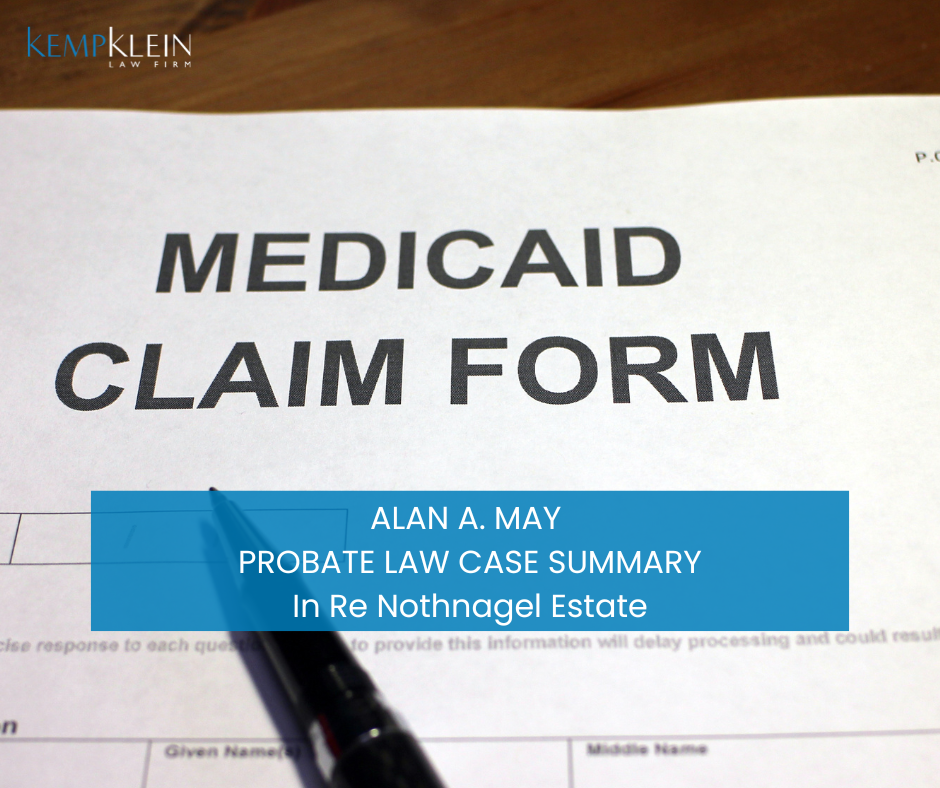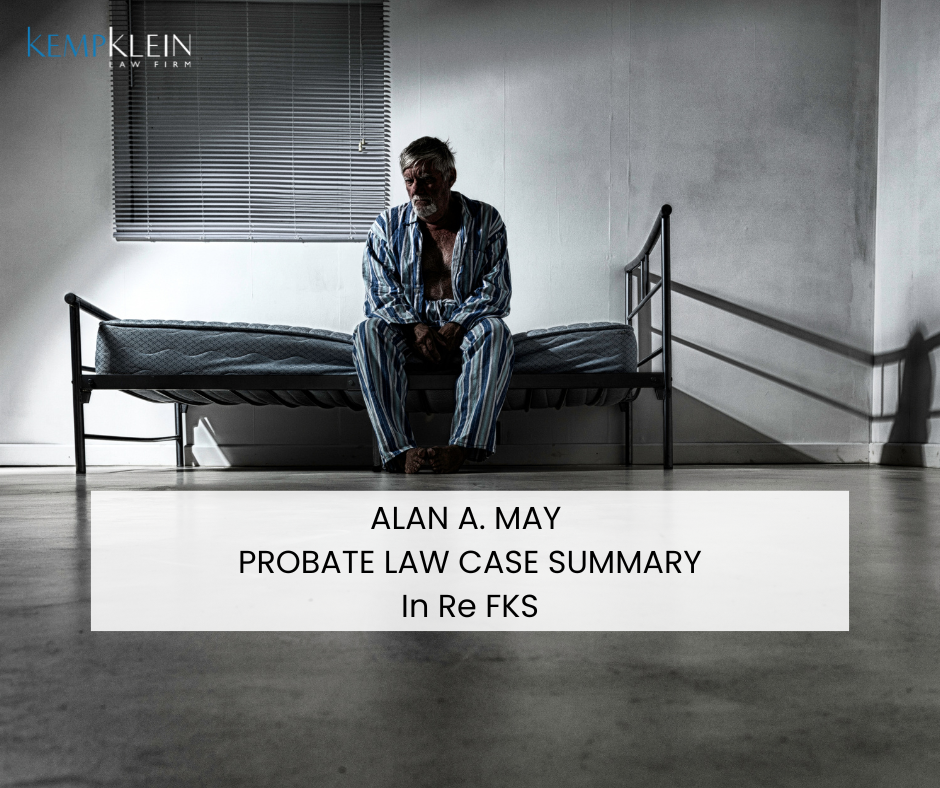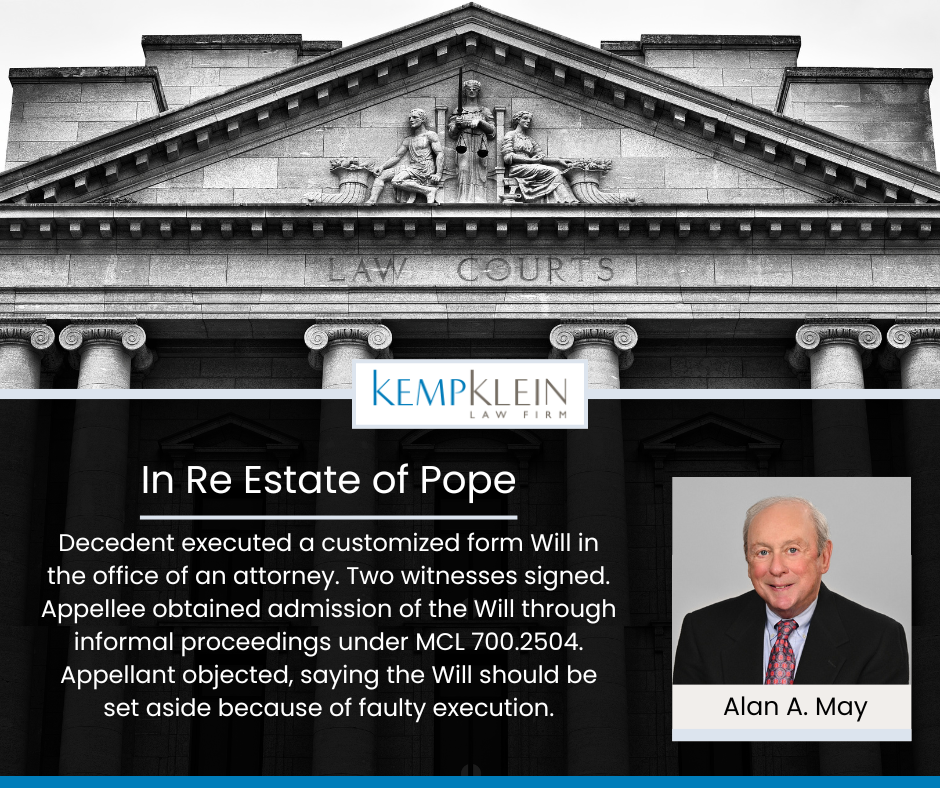Tag: Michigan
Kemp Klein Vice President and Director Robert S. Zawideh Recognized by Michigan Lawyers Weekly as one of the 2024 Leaders in the Law
Robert S. Zawideh Recognized As One Of The Michigan Lawyers Weekly Leaders In The Law

Congratulations to Kemp Klein Vice President and Shareholder Robert S. Zawideh on being recognized by Michigan Lawyers Weekly as a 2024 Leader in the Law!
The Leaders in the Law honorees are setting the standard for other lawyers through their outstanding contributions to the practice of law and the justice system in Michigan. They have demonstrated tremendous leadership and offer a wealth of expertise in diverse areas of the law. The Leaders in the Law Award is Michigan Lawyers Weekly’s annual salute to leaders in the state’s legal community.
Mr. Zawideh was recognized for his contributions to the practice of law. Robert S. Zawideh represents interested persons in high-net worth trust and estate disputes. He serves as the head of Kemp Klein’s Litigation Practice Group. His litigation practice has taken him before Michigan’s trial and appellate courts, including the Supreme Court, as well as federal courts, state courts and arbitration panels across the country.
Michigan Lawyers Weekly will hold an award ceremony to honor the 2024 Leaders in the Law. The event takes place Tuesday, December 3rd, in Troy, MI. Kemp Klein is a Bronze Sponsor of the event.
For more information on this honor: https://milawyersweekly.com/event/leaders-in-the-law






